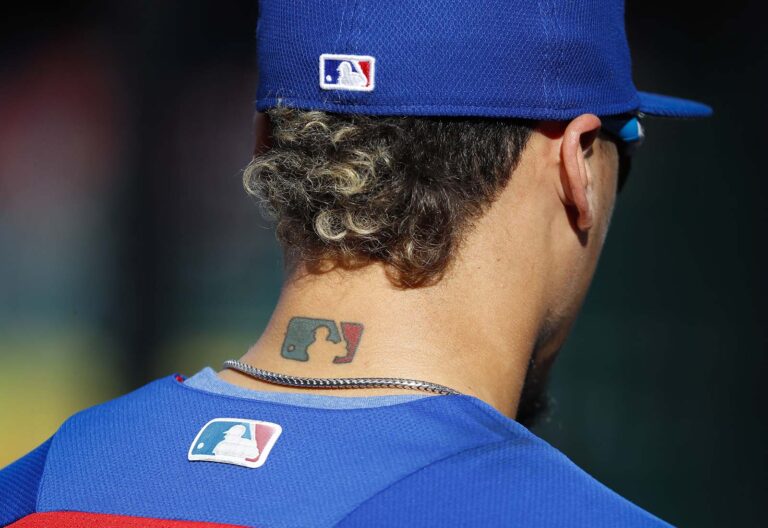NEW YORK — Major League Baseball owners have locked out their players, after the collective bargaining agreement between the two sides expired on Wednesday night.
The lockout means that no new contracts can be signed and that players cannot access team facilities, among other things.
Illinois Newsroom’s Brian Moline talked about MLB’s labor situation with Craig Calcaterra. He’s a former attorney who writes the Cup of Coffee baseball newsletter on Substack.
Listen to this story here.
Calcaterra says it’s easy to summarize what the owners want from a new collective bargaining agreement.
“Really, nothing other than the status quo if they can get it,” Calcaterra said. “They know they probably can’t. They know there have to be some changes. There are always tweaks in new collective bargaining agreements.
“The owners have been very happy with the financial makeup of Major League Baseball over the last two rounds CBA’s, I believe,” he said.
Meanwhile, he says it’s a different situation for MLB players.
“All the big money that free agents used to get after six years of service time has kind of gone away, and the median salary in baseball has gone way, way down,” Calcaterra said. “So, what players are looking to do is to get players into a bigger payday earlier in their career.
“Cut the time for arbitration from three years (of service time) to two years, for example,” he said. “Cut the time for free agency from six years to five years, and raise the minimum salaries that young players make, so players overall are capturing more of the revenue in terms of their salaries than they are currently.”
Calcaterra says fans shouldn’t take the claims of ownership at face value that teams in small markets can’t afford to compete.
“That’s never really been born out. That’s been a talking point for owners for many, many years,” he said. “If you’re a casual fan of baseball and you look around at what the payrolls are for certain teams, you might say, ‘oh, yeah, Cleveland can’t compete, their payroll is very low.’ Well, Cleveland won a pennant just a few years ago, and they’ve been very competitive for several years.”
As for when he expects things to be resolved, Calcaterra says not to expect much before the new year.
“I think that they will start talking seriously after the first of the year, and I think that if they don’t have something down by the end of January, then you start to sweat.”
Follow Brian on Twitter @BrianMolineWILL.

